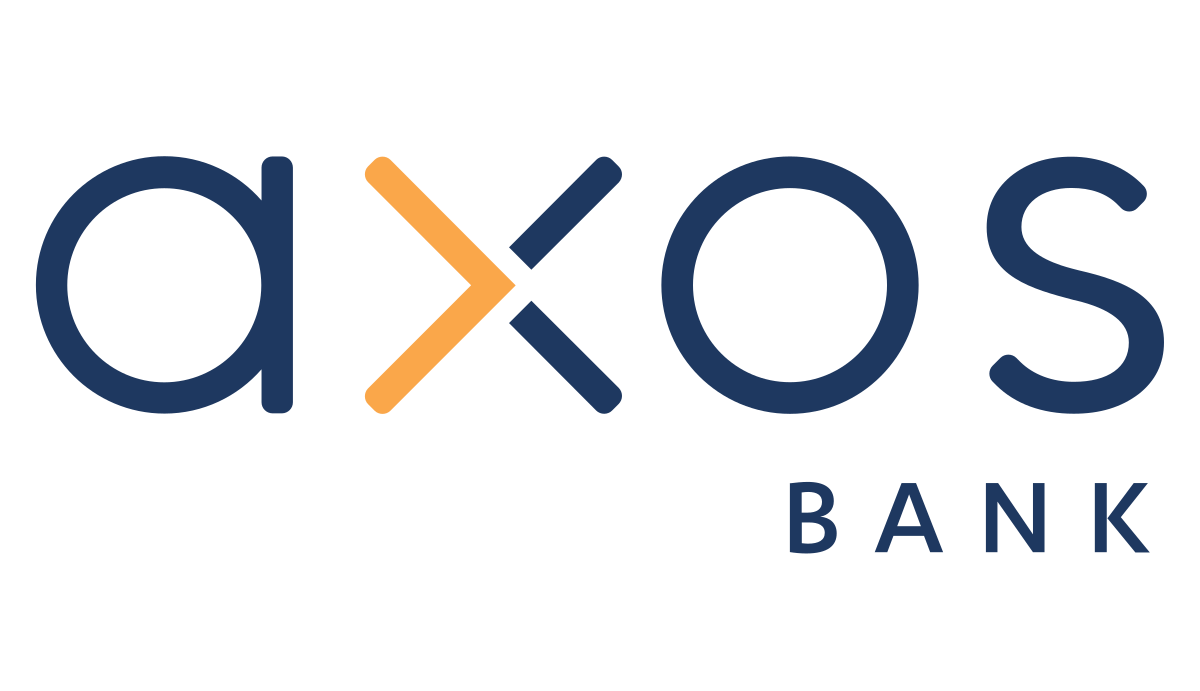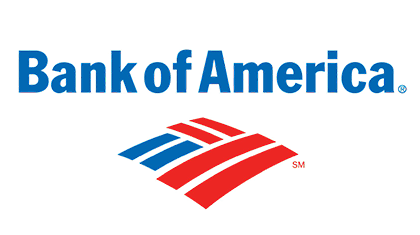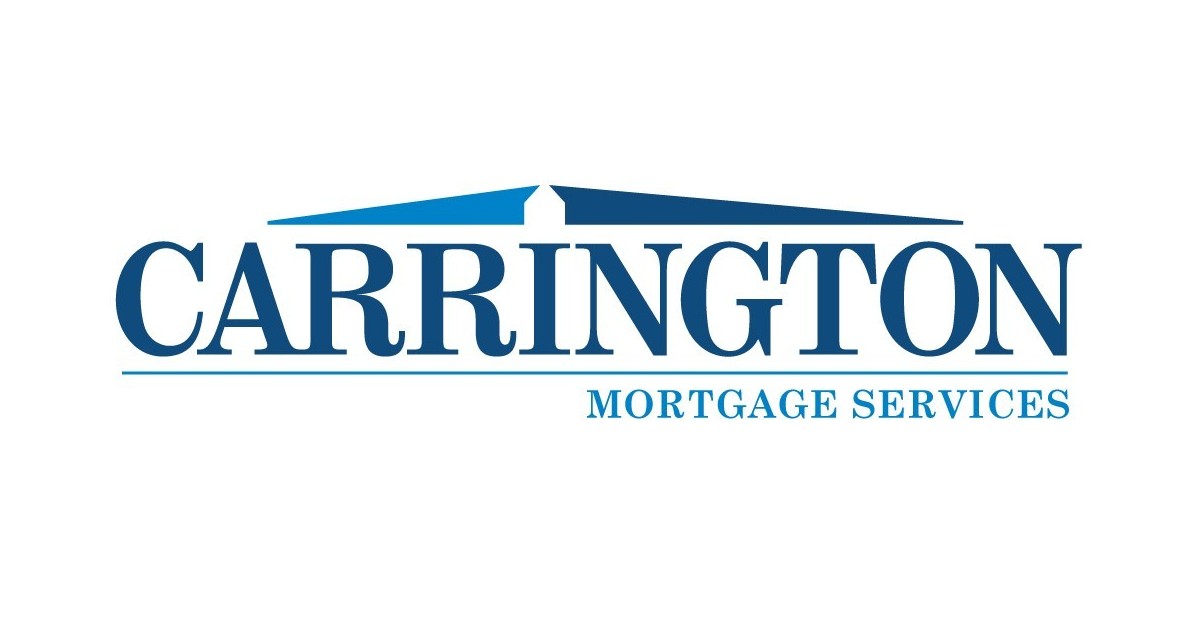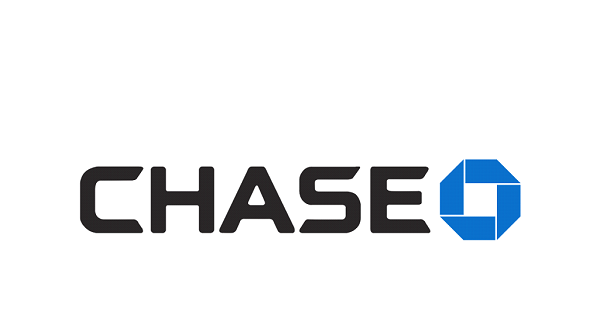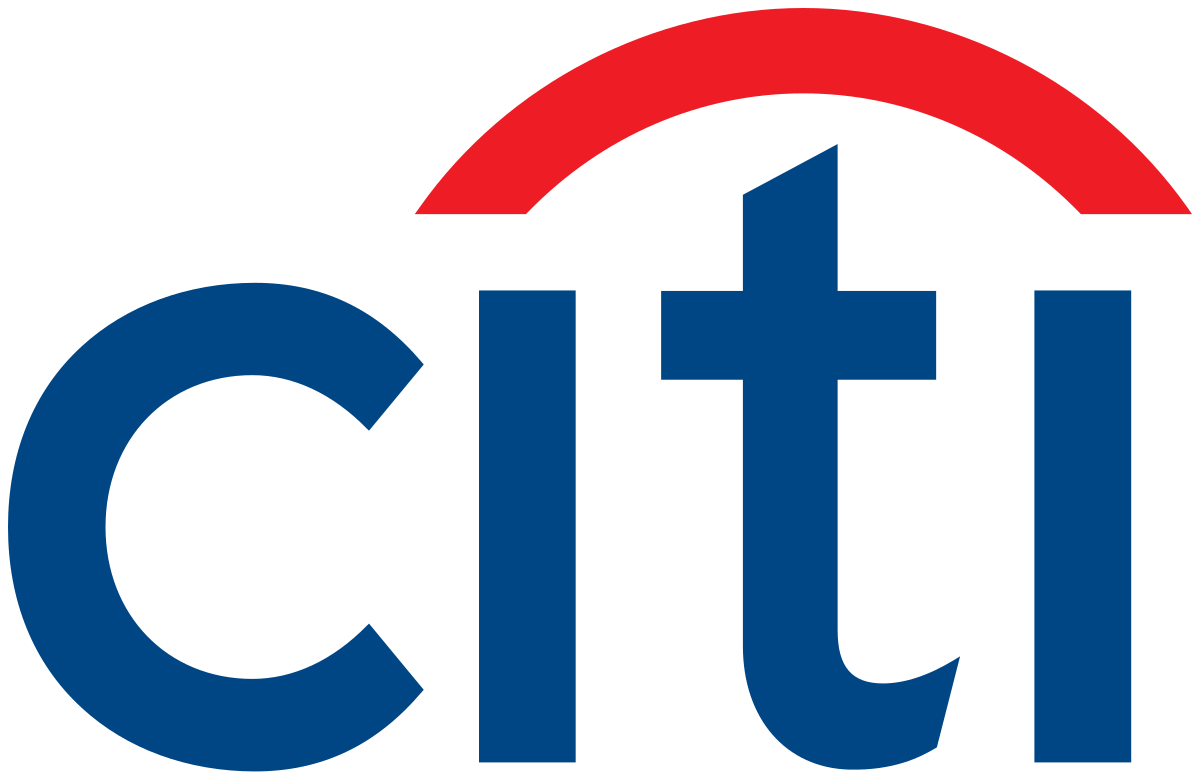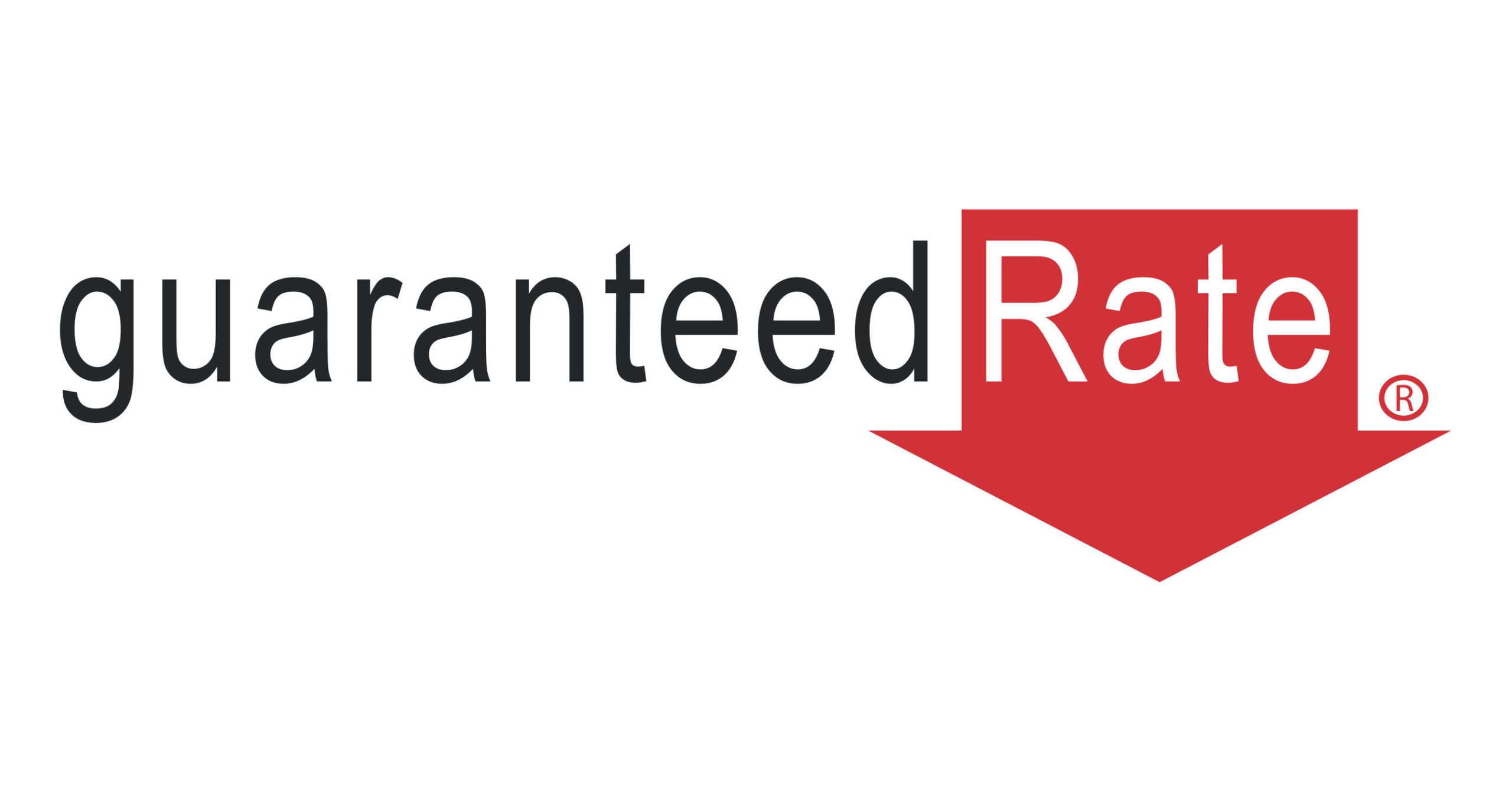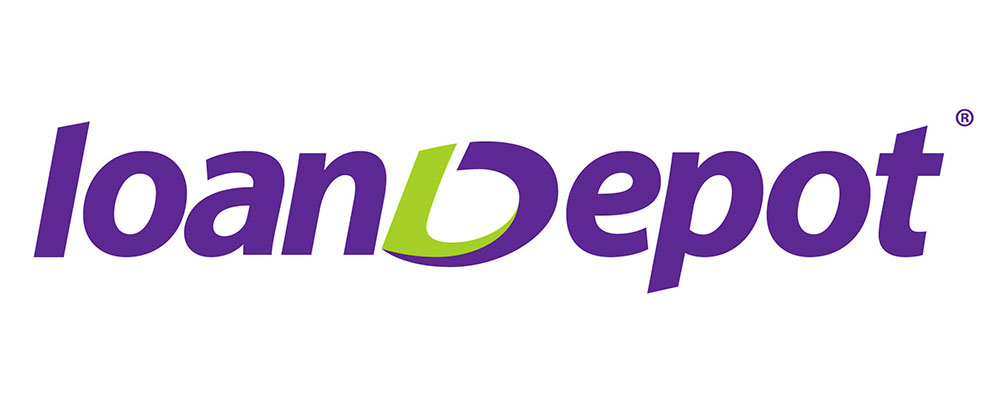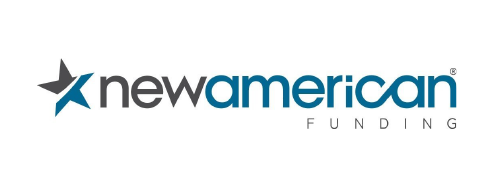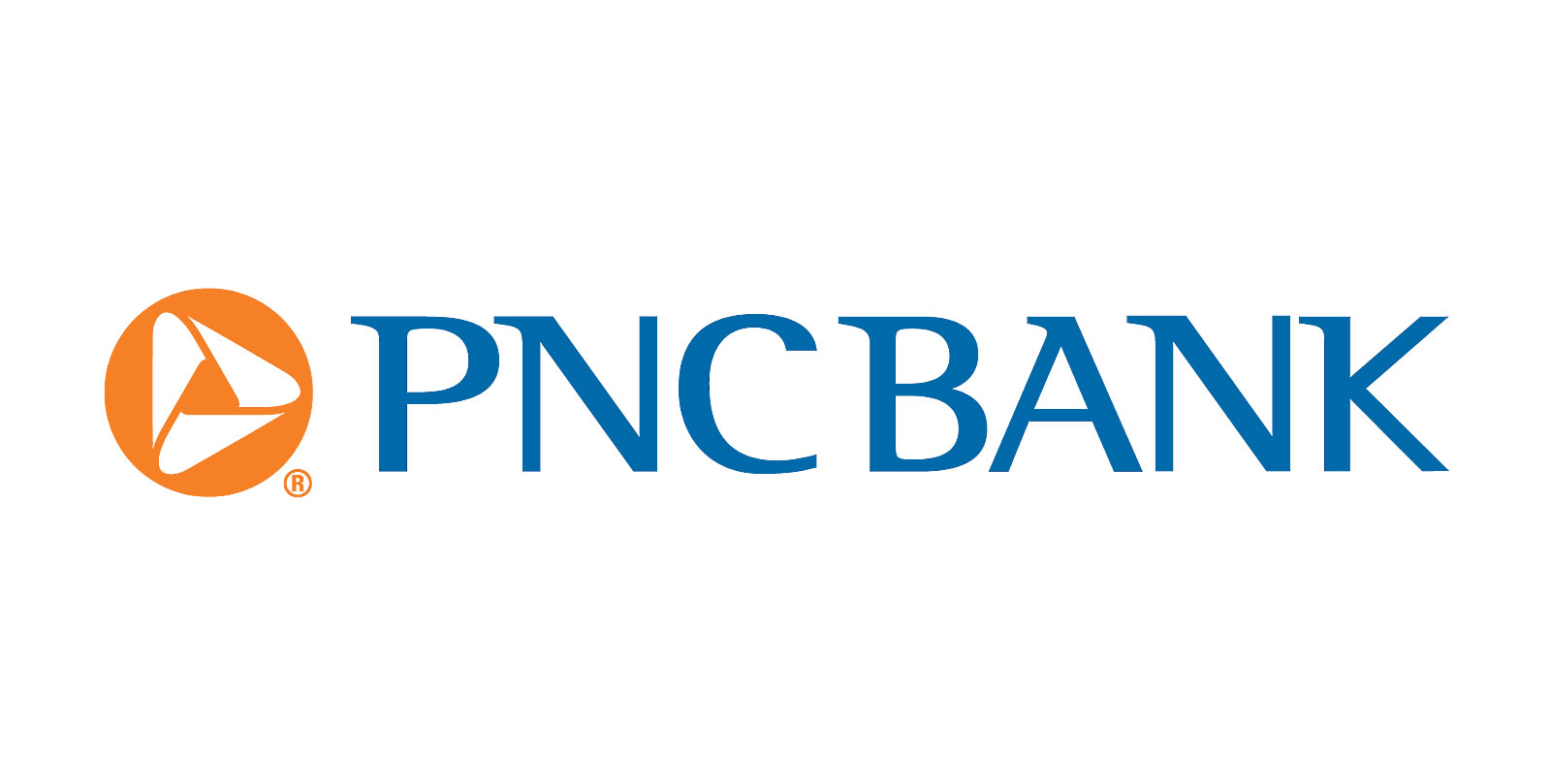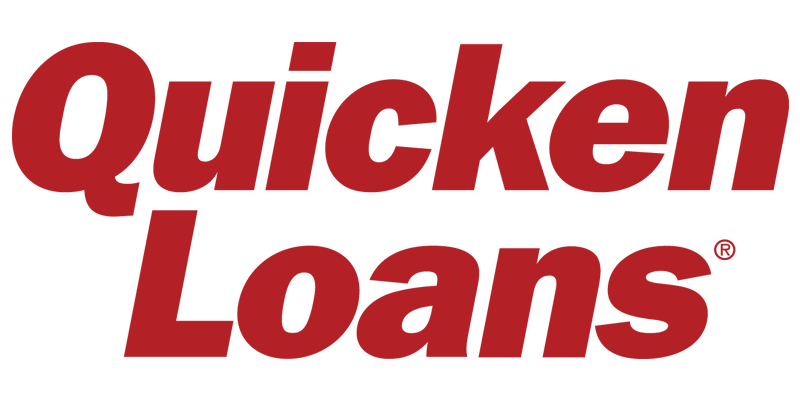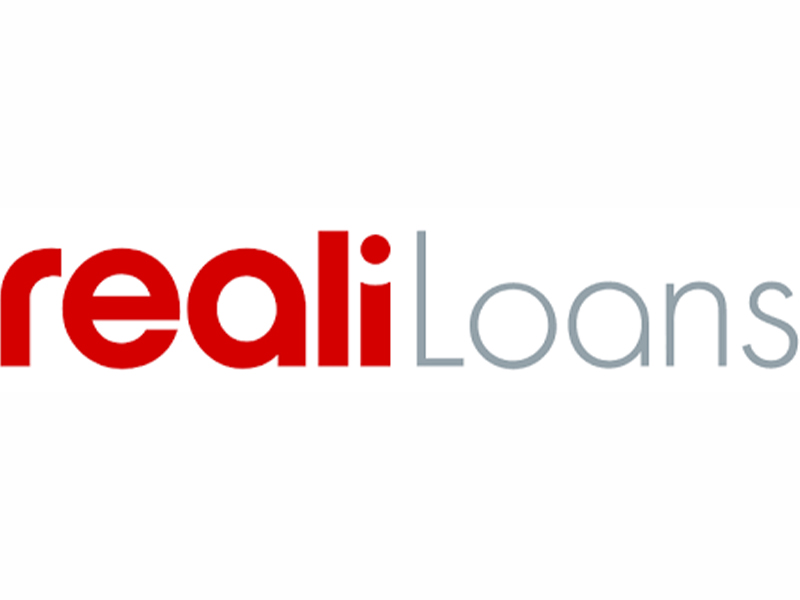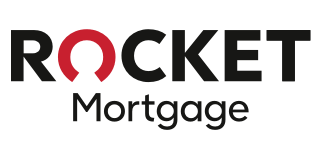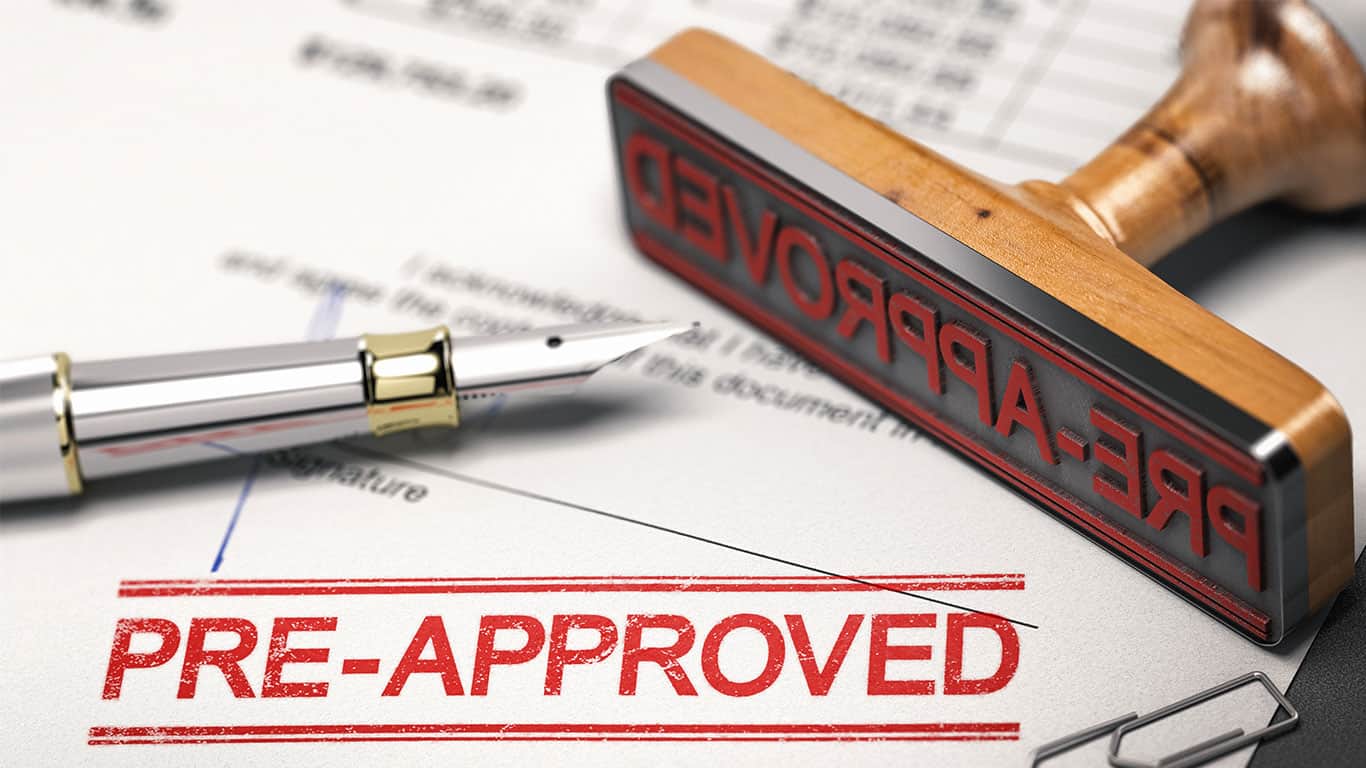How Can You Find The Right Lender For You?
Read below to find out important information you need to consider to obtain your new mortgage loan.

Finding The Right Loan For You
Are you ready to start hunting for a mortgage lender, but have no idea how to get started? Buying a home is the biggest purchase most people will have to make in their lifetime. It is important that you go into this process knowing as much as possible to help you determine what will work best for your situation. We are here to help.
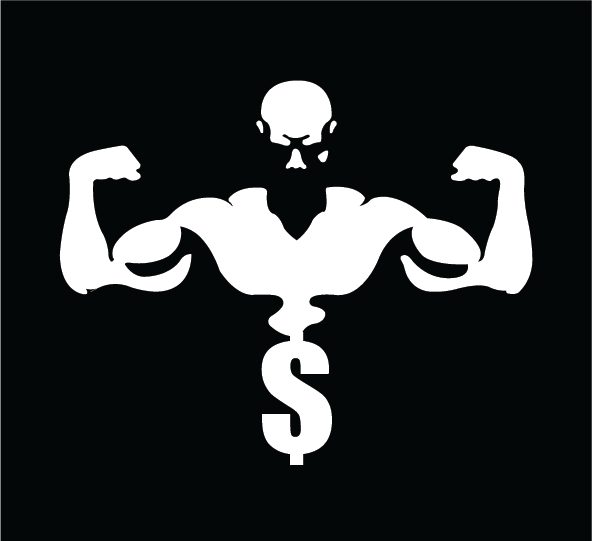
1. Know Your Buying Power
Know Your Credit Score
So, what is a credit score? A credit score is a number between 300 and 850 that determines a creditors likelyhood of extending you credit. Ideally you will want a credit score about 650 in the current market. There are many factors that determine what your credit score is ranging from current debt, payment history, length and variety of credit types, as well as how many loans you have applied for. Your credit score will play a big factor in how large a mortgage loan a lender is willing to offer you. So, how do you find out your score? There are three credit reporting agencies that you may obtain your score from, once time each, every year. These companies are Experian, Equifax, and TransUnion. A report will show you your score as well as factors impacting that score, such as a delinquent previous loan more than 30 days past due. Pulling your score more than once per bureau, per year will affect your score by several points for each time the request is made. This includes a lender that you have contacted pulling the score themselves. To pull your score, you will need to go to annualcreditreport.com. From here you can choose to all see bureau reports, or select just one bureau. Each bureau may have a slightly different value for your score, but they should all be similar. So, how can you increase your credit score if it comes back too low? Making all current loan payments on time is absolutely necessary. Paying down any debt as well will increase your scores. Making sure you don’t maintain any credit cards with a zero balance is also key. Creditors like to see credit card balances kept low but continually used showing that you are responsible enough to make payments while not completely relying on credit to get by. Disputing any stains on your report if you know them to be inaccurate can be a quick way to increase your score back to where it should be. What can you do if you don’t have a credit score at all due to never having obtained any loans? Obtain a credit card. Use it, but keep balances low, and pay down the debt each month, but never leave it at a zero balance. This will take some time, but this is the best method to obtaining a score. Now that you know your score, let’s look at a few other things of importance to find your buying power.
Check Your Finances
What kind of financial freedom do I need in order to buy a home? As mentioned earlier, buying a home is the largesst expense most people will make in their lifetime. There are many factors to consider other than just the cost of the home. One major factor is interest rate as this increases the total cost of the home tremendously over a 30 year fixed rate loan. An interest rate is applied per year to the remaining balance of a home. For example an interest rate of 4% would be .04 divided by 12 months for a monthly rate of .33%. Many first time home buyers may be suprised when they see the total cost for a home over the course of 30 years. For example, a home of $500,000 at 4% does not make a total cost of 500,000*1.04 = $520,000, but closer to $700,000 after the full 30 years, and that is with a 20% downpayment at purchase. That’s a huge diffrence… After all the lender is in it to make money and not lending out of the kindness of their heart. Having the ability to make a downpayment is going to improve your buying power as well. The more money you can put down will improve the monthly cost of your mortgage. Many financing options will require 10% at the very minimum to requiring as much as 20% minimum. Having the ability to put down even more will help ease the monthly pain over the course of the loan, however you must also plan for the future. Having a nest egg for health emergencies, home repairs, or a potential loss in employment is something every buyer will want to plan for. knowing your potential buying power will help you plan for the proper amount of reserves to have available to you. The ideal amount would be to calculate your current monthly expenses, double-it, and then calculate the total for approximately 6 months. This will help eliminate any hardships you may face down the road. You will also want to check your expenses to see if there are any reoccuring costs you can live without. You can always re-add these into your budget at a later date after your are living comfortably in your new home. Closing costs for your purchase should also be factored in as well as home insurance and property taxes.
Gather Important Documents
You are now getting closer to being ready to speak with a lender, but theres still a few important steps to perform before doing so. The next thing you will want to do is to gather the necessary documents that your potential lender is going to require. One of the first things they will ask for is a few years worth of tax returns. This helps show the lender your proof of income and that it is consistent without huge variations from year to year. The key here is they are looking for the stability of your inome. Lenders will also want to see pay stubs for as many as a few months to show proof of employment and to gauge your current income against your tax returns. This next item may seem invasive, but it is there to protect you as much as the lender… Lenders will ask to review your bank statements showing how much money have available currently. This may include requests for access to your investment records and your insurance policies. This also helps to show that the money in your account does not show a fradulent and sudden inflow of desposits not accounted for on your tax returns and paystubs. A large sudden unaccounted for deposit can be a huge red flag of fraudulent activity and could put a halt to your lending process and bring unwanted attention. A copy of your credit report if pulled recently is a good thing to be able to provide, however it is not necessary as a lender will insist on pulling your credit report themselves when it comes time for loan preapproval. If you do not currently own a home and are renting, lenders will want to see your rent history proving your capability to make rent payments on time. It is important to keep up with these payments to keep your dream of owning a home intact. Plan ahead and keep all rental payments on time. One of the final documents you will need to provide a potential lender is proof of residency and identity. A simple government issued photos ID will suffice, or if unavailable, a passport could be used. If you are not yet a citizen of the US, then proof of legal permanenet residency will be required.
Get Prequalified
Now that you have your documents prepared, it is time to decide if a Loan Prequalification is right for you. If you are still at a loss of what amount of home you can afford, then a “prequal” could be a good tool to take advantage of. A prequalification allows you to provide a lender with some basic information for them to use to rpovide a rough estimate of what your overall buying power could be. Generally documentation is not required and the lender will not need to pull your credit score causing it to result in any reduction of points. A lender will ask you some questions and take your word for it. Some of these questions will be what is your credit score, how does your household make it year, How much reserve money do you have in your account, how long have you been employed, do you have any delinquent loans, and so on. They will then calculate a prequalified number for you that will give you a gaeneral idea, but may not reflect the actual buying power you would have after going through the full lending process. Many people incorrectly use the words “prequalified” and “preapproved” interchangably. A prequalification will have no weight on obtainign your loan andmany times can be ordered for free from your local bank. a “preapproval” is an actual and specific amount that a lender is willing to loan you, and may only stay good for 30 – 75 days, requiring another approval after that deadline has passed. A preapproval is what you are going to have when purchasing your home, however due to the deadline restrictions, it may be premature to have one done at this stage, making a prequalification enticing for some.

2. Do Your Research
Understand The Different Types Of Loans
Learning about the various mortgage types before meeting with a lender can be extremely helpful in understanding the verbiage your lender may use from the start. Any good lender will be able to provide you with the knowledge you need to differentiate the variety of loans, as well as answer any question to help you fill in the gaps, but doing a little due diligence on your end before can go a long way. Below are some various terms regarding loan/mortgage types. Give yourself a brief overview to better understand the world of home financing.
—The 2 Most Common Types of Loans—
Almost all loans fall into these two categories with many subcategories within.
Fixed Rate Mortgage
A fixed rate mortgage is pretty much how it sounds. It is a mortgage that has a fixed interest rate throughout the entire life of the mortgage. If you obtain an interest rate of 3.5% when obtaining your fixed rate loan, you will still be paying 3.5% interest in the 30th year. This can provide peace of mind knowing that your monthly bill will not change except to accommodate property tax changes from year to year. This is the most common loan type compared to an adjustable rate mortgage.
Adjustable Rate Mortgage
An adjustable rate mortgage is a loan where the interest rate will change periodically throughout he life of the loan. This loan type may be cheaper at the origination of the loan, but over time the interest rate will go from being lower than a Fixed Rate Mortgage to much larger interest rates down the road. One must consider that if the mortgage rates rise much higher, will you still be able to afford your monthly payments. there is a little bit of gambling involved in ARM’s. One reason someone might consider an ARM over FR is if they plan to sell the home and move again after a short time, such as around 5 years. The lower initial interest rate may allow the homeowner to put more principal payments down each month increasing their equity and avoiding paying more interest before they sell the home.
—Other Types of Loans—
Conventional – Conventional loans are a very common type of loan that depend on your credit score. Conventional loans come in two different types; conforming and non-conforming, and are not backed federally. Conforming loans tend to have a maximum purchase price that tends to change depending on your area, but usually maxes out at around $900,000 for more expensive areas. Non-conforming loans are a loans that work better for people with low credit scores, or people looking to buy luxury properties. These loans also require a downpayment of at least 20% of the purchase price.
FHA – Federal Housing Administration loans are government backed loans that aim to help people with lower credit scores than 620-650, and allow the buyer to put down as little as 10% towards the purchase. These loans also allow the sellers of the property to help pay for closing costs.
VA – Veterans Affairs loans are another type of federally backed loans that aim to lend a helping hand to Veterans. These loans generally have thelowest interest rates and do not require any down payment. Closing costs may also be paid for by seller, or wrapped into the loan for the buyer.
USDA – United States Department of Agriculture loans are loans to help low-income buyers purchase homes in rural areas. These loans also do not require a downpayment, however they do charge a 1% fee for obtaining the loan, which can be wrapped into the mortgage.
Jumbo Loan – Jumbo loans are loans or luxury houses with a higher price tag. These generally require a minimum of 10%-20% downpayment and must have a higher than average credit score in order to qualify.
Balloon Loans – A balloon loan is a loan that is based off a 30 year schedule, but after a specified period of time, the buyer will be required to pay off the remaining balance in one lump sum.
Construction Loans – Construction Loans are loans used to provide a buye with funds to haeve a new home build done. They typical last only a year and carry a high interest rate. One type of constuction loan is a construction-to-permanenet loan, which automatically converts to atpycal mortgage loan once the house is finished. The other option is to get only the construction loan and then after the home is built, search for a new loan with any lender.
Shop Around For A Lender
Now that you know the downpayment you can afford, buying power, credit score, and have all of your documents ready, and a head start on some terminology, you can start searching for the right lender for you. You will want to reach out to many different companies and ask for a quote. Make sure they understand that you are requesting a quote only and are not yet looking for preapproval, as you do not want your credit score pulled just yet. Below is a link to a Lender Search Worksheet which will help you compare multiple quotes, as well as keep you on the right track when asking questions about the potential loan. Keep in mind that while the lender doees have certain requirements they must meet, there is room for negotiating. Below is a list of only a handful of lender options available in Colorado that you may want to reach out to. There are many more available. Ask friends and family who they used and what their experience was to get some additional advice. Once you received your estimates back, look them over very carefully before making a decision. If you used the Lender Search Sheet you will easily see what questions you do or dont have answers for and will know what to follow up with. You may also want to check the reputation of the lender of choice to make sure there aren’t any complaints lodged against them. Once you have made your decision on which lender to proceed with, you will be ready to fill out a formal loan application to become preapproved. You will submit the application along with any documentation requested that you have not already provided and the process of receving your preapproval will have begun.
Some Examples Of Lender Options
It’s Time To Choose A Realtor
Now that you have your preapproval, It is time to start shopping for a Realtor if you haven’t already. There are many Realtor’s out there these days, but not many quite as good as The Strange Team. Did you know that on average, 98% of Realtors will no longer be in business every 2 years? That’s a lot of turnover! Only 12% of Agents sell 1 or more homes per month, per year, and only 5% of agents sell 2 or more homes per month, per year. That isn’t the best odds for the average person to find an agent that is skilled and compitent enough to help you in your transaction. Luckily for you, The Strange Team features agent’s in that top 5% and even some in the top 1%. Even though we have complete cionfidence we will provide you with the best service, we still advise all potential buyers and sellers to due their own due diligence and meet with several agents, as we know we will stand out above the competition. A quick Google search can provide you with tons of options to choose from. Keep in mind that many agents work from a brokerage, but are really indpenent contractors and do not have the resources that a real estate team can provide. Check agents websites, read reviews, and visit with the agent to find the right one for you.
Fine Tune Exactly What You Are Looking For In A Home And Get To Placing Offers
You’ve come a long way if you’ve made it this far. It’s time to start house hunting! Think about and make a list of all the items you absolutely want in a house. Now take that list and narrow it down to what you absolutely can’t live without, including putting deep thought into the location itself. Having a shorter list of absolute necessities will really help you avoid a lot of stress while at the same time making the decision process that much easier. While hunting, do not lose focus on your purchasing power. It’s easy to convince yourself falsely that you could afford a little more home when you see that dreamhome that is outside of your budget. This is the number one case of buyers remorse and will likely result in you trying to find your way out of a contract shortly after having your offer accepted. This only cause further problems for you as well as the sellers and puts unecessary pressure on finding a different home with an ever shortening time span. In our current market, most people are only viewing around 6 homes in person before deciding on the one they want to offer. Keep in mind that buyers that see a large amount of homes, typically end up going back to one of the first three they saw and by then that home is not likely to be available any longer. Keeping your criteria in mind and online shopping first is the best way to make sure you don’t miss out the one. Home hunting can be a daunting task as well. Try and gather a list of homes you would like to see and plan a solid route with your realtor, so that 6 homes does not become 6 days of work and stress. Once you find the house that’s calling your name, you will discuss with your Realtor how to write the most enticing offer. A good Realtor should reach out to the other agent and find out what exactly their sellers needs are and write an offer according to those needs while not losing sight of yours first. It may take a few days once your offer has been submitted before you get an answer, and you may even receive a Counteroffer with slgtly different requests than your offer.
Congratulations! Your Offer Has Been Accepted. What’s Next For Your Loan?
Now that you are under contract on your future home your agent will guide you through to your closing. Your newly accepted contract will need to be sent to your loan officer who will begin the underwriting process. As you get closer to closing, your lender will have an appraisal done on the property to determine if the value they are lending you matched the appraised value of the home. If there are any differences, your agent will advise you on the best course of direction to keep the deal moving along. If your appraisal comes in at value then the loan will continue to be processed and sometimes additional documents may ne needed. Once the vast majority of the paperwork has passed the loan process, you will receive what is called a Clear To Close or “CTC” which means your loan has been processed and they are ready to fund. A Settlement Statement must be issued at least three days before closing showing both parties what their final numbers will be in regards to the transacton and then both parties will plan for closing. Your lender will wire the loan amount to the Title Company, which will distribute the funds after all closing documents are signed. Congratulations, as you are now the owner of your first/next mortgage loan! Don’t be surprised if your loan gets sold to a different loan company within a matter of months or after a year or so. Many banks will bundle their loans and sell to other lenders for a fraction of the potential revenue. Don’t worry as this will not change your loan details or your mortgage cost. Instead this frees up the original lender to have more funds to provide loans for other buyers and this is a very common practice. That pretty much covers it… Don’t forget to make your mortgage payments on time and enjoy your new home!



